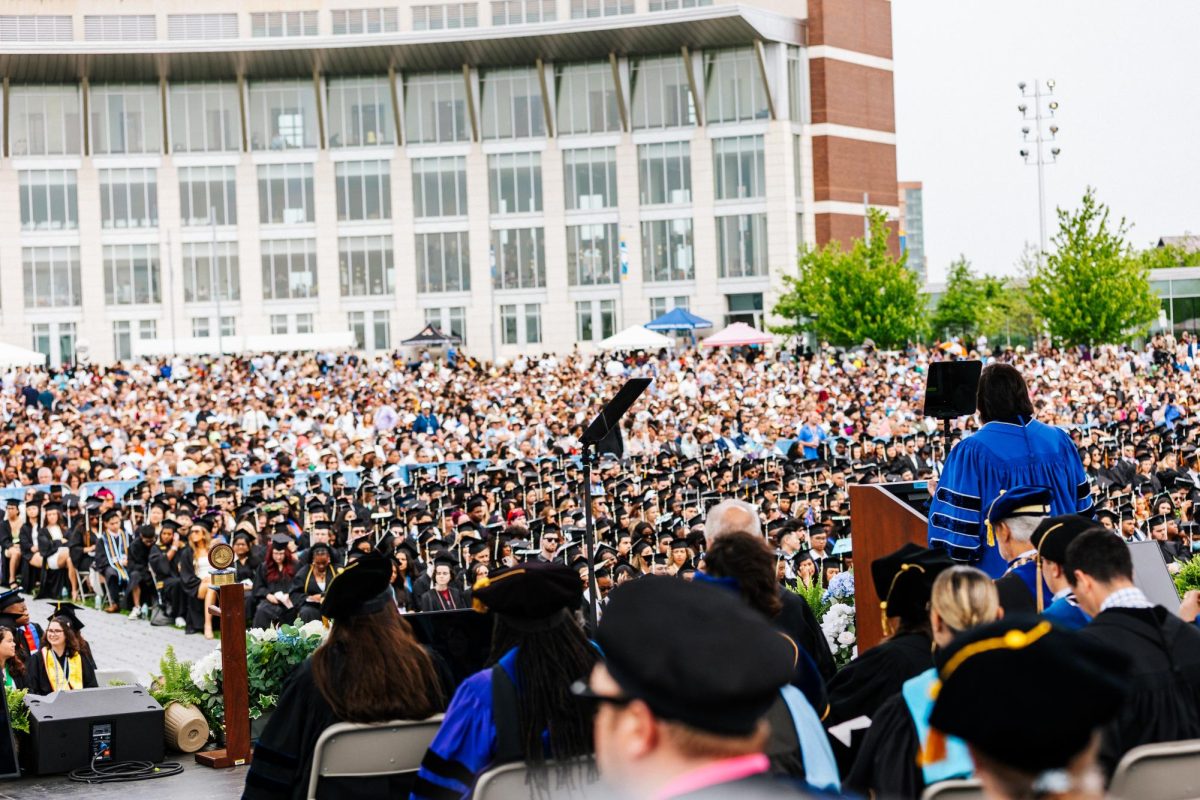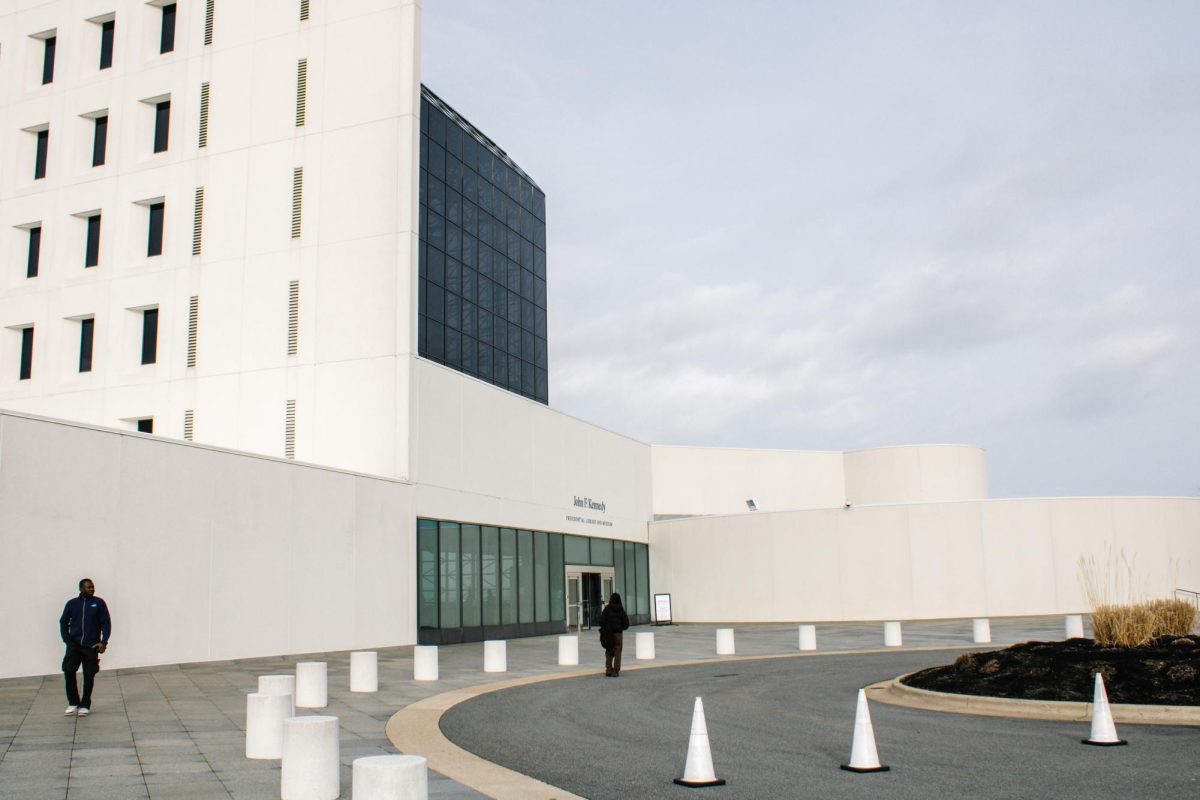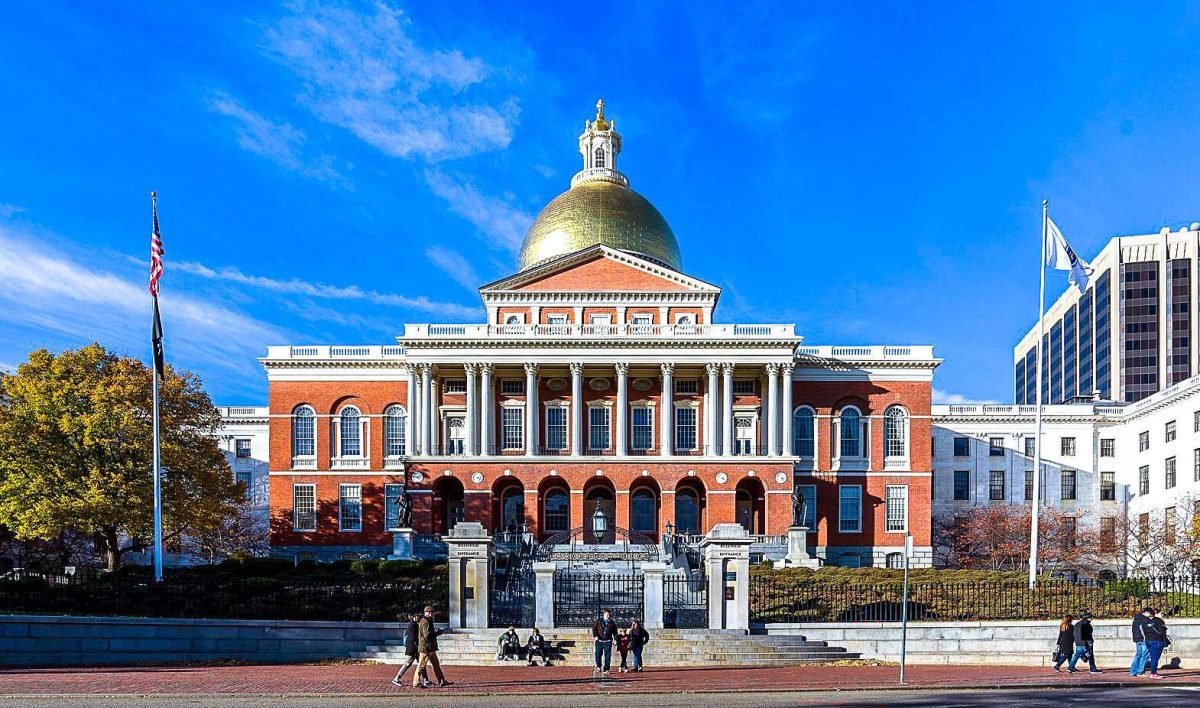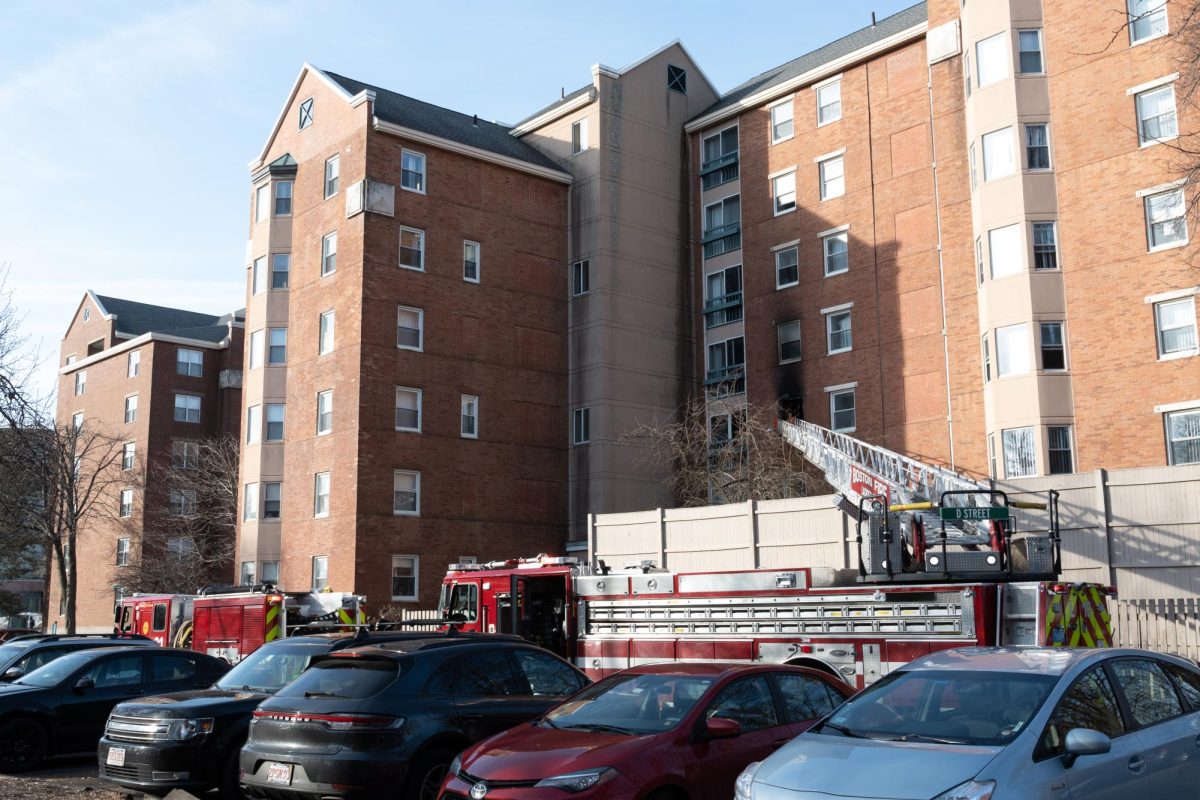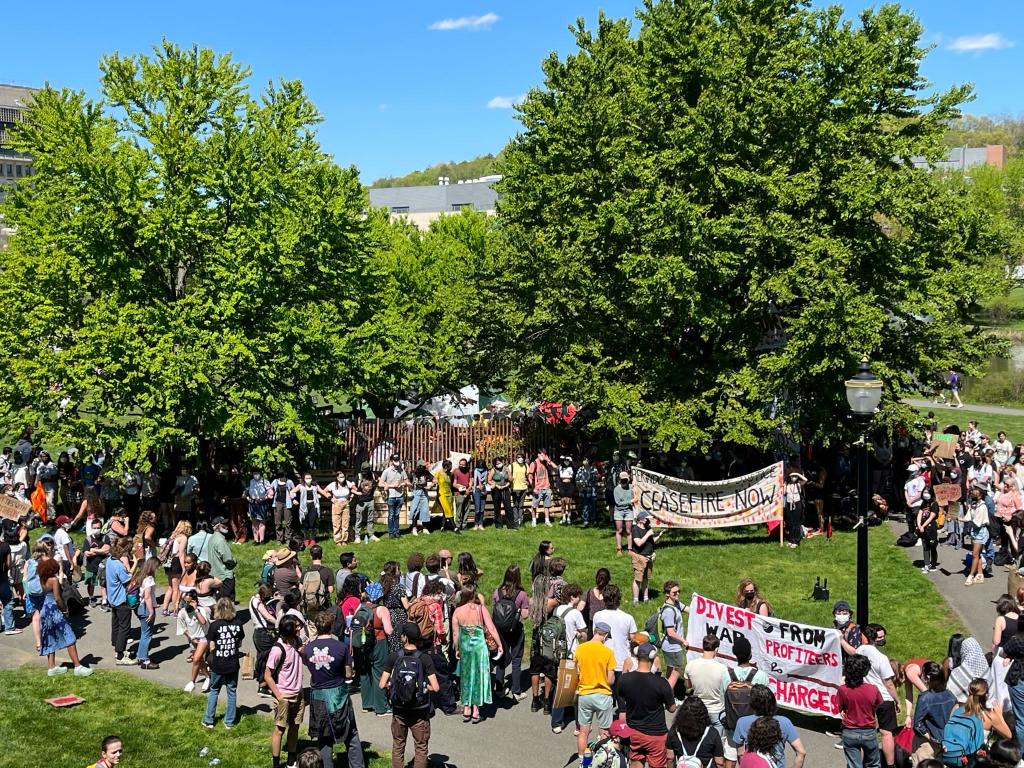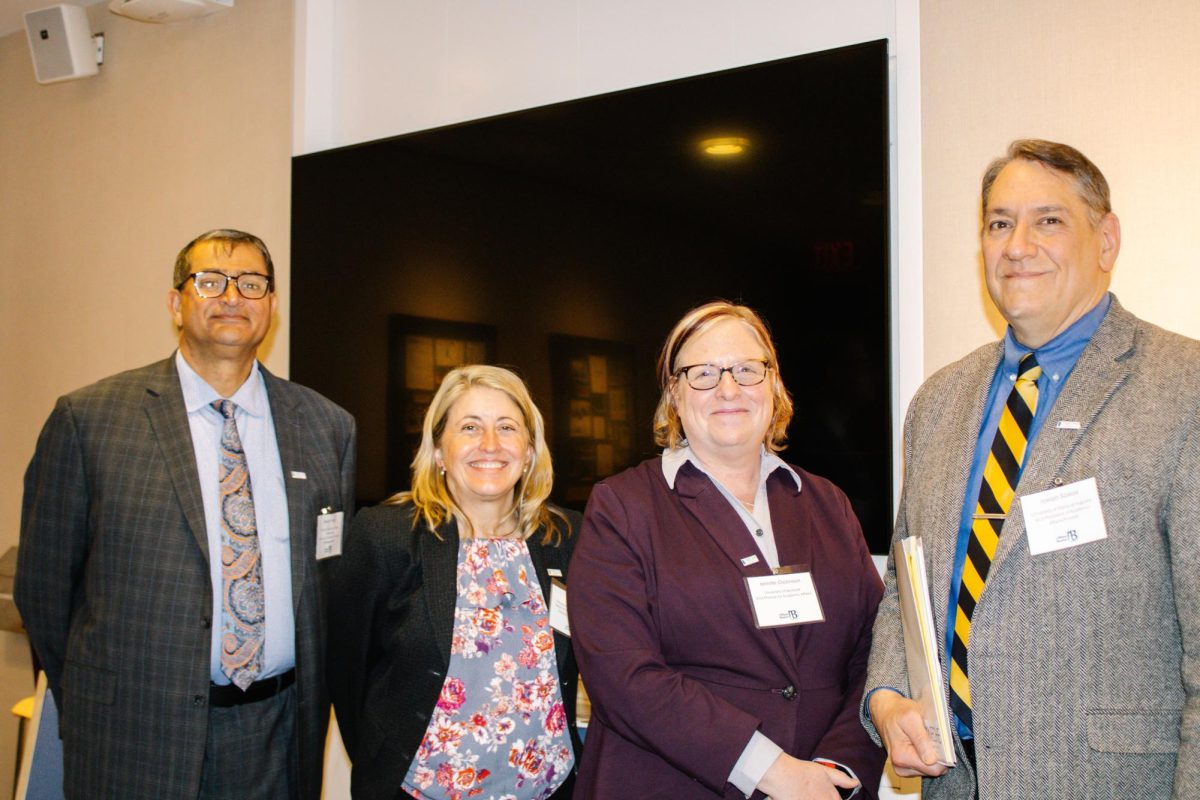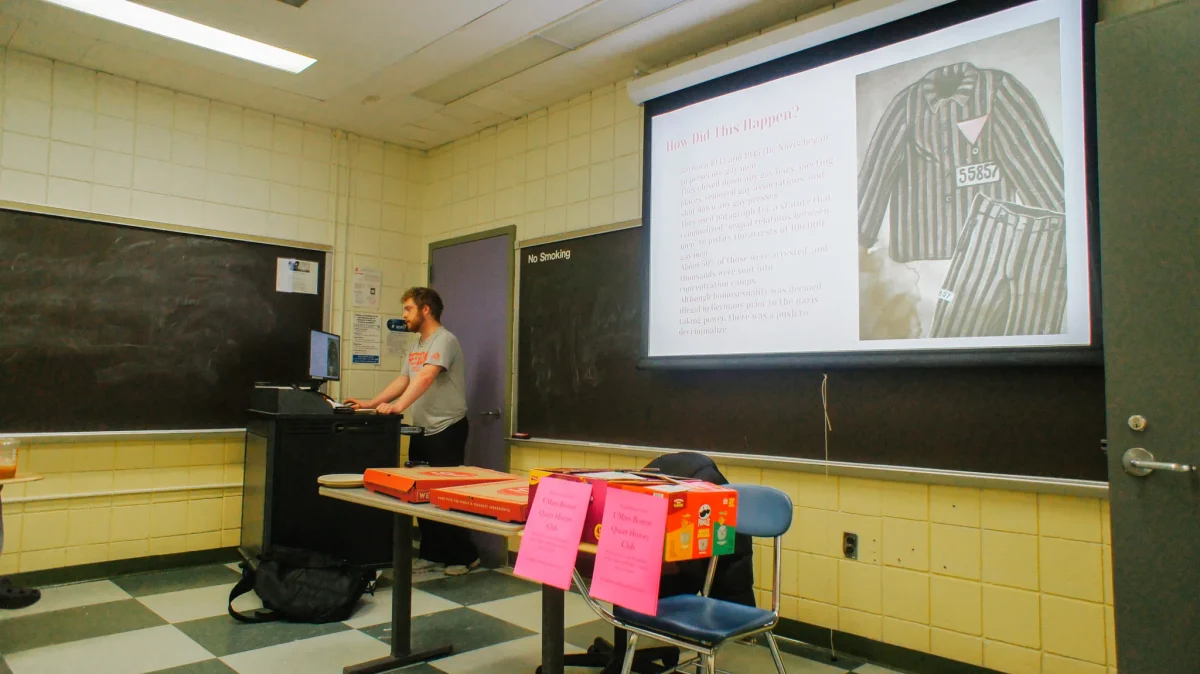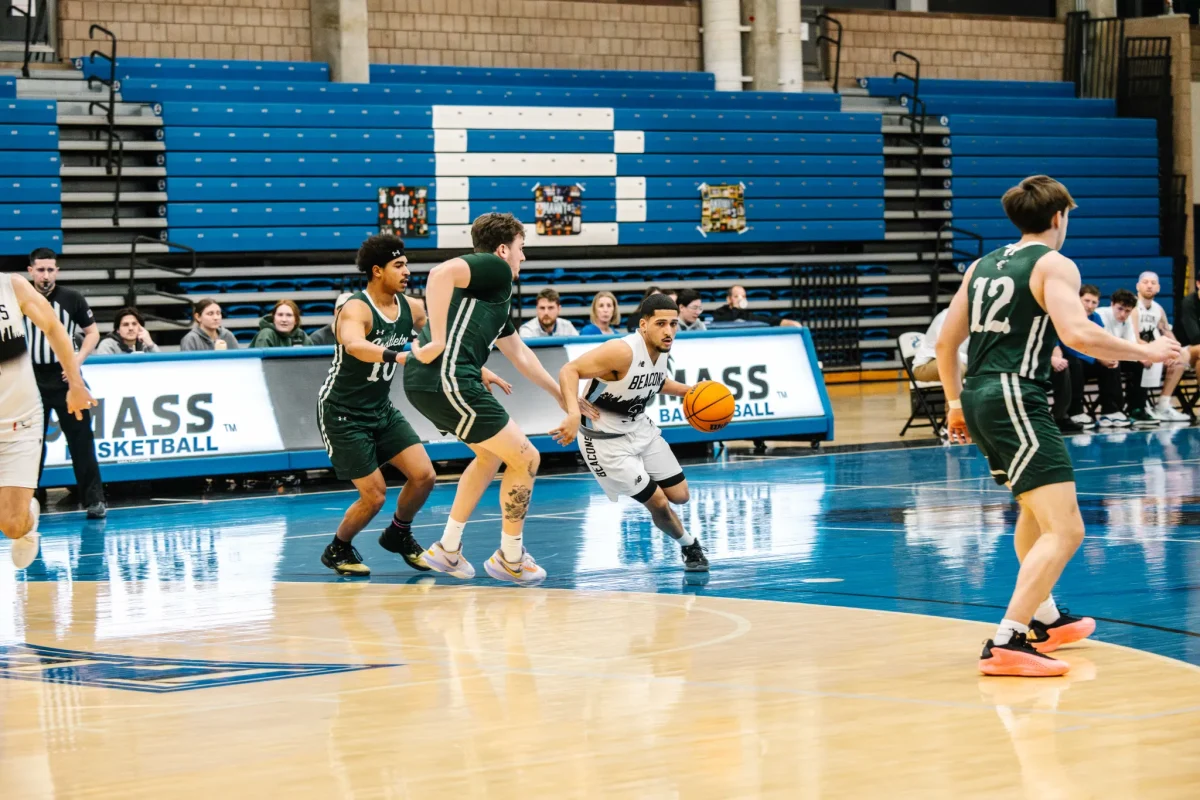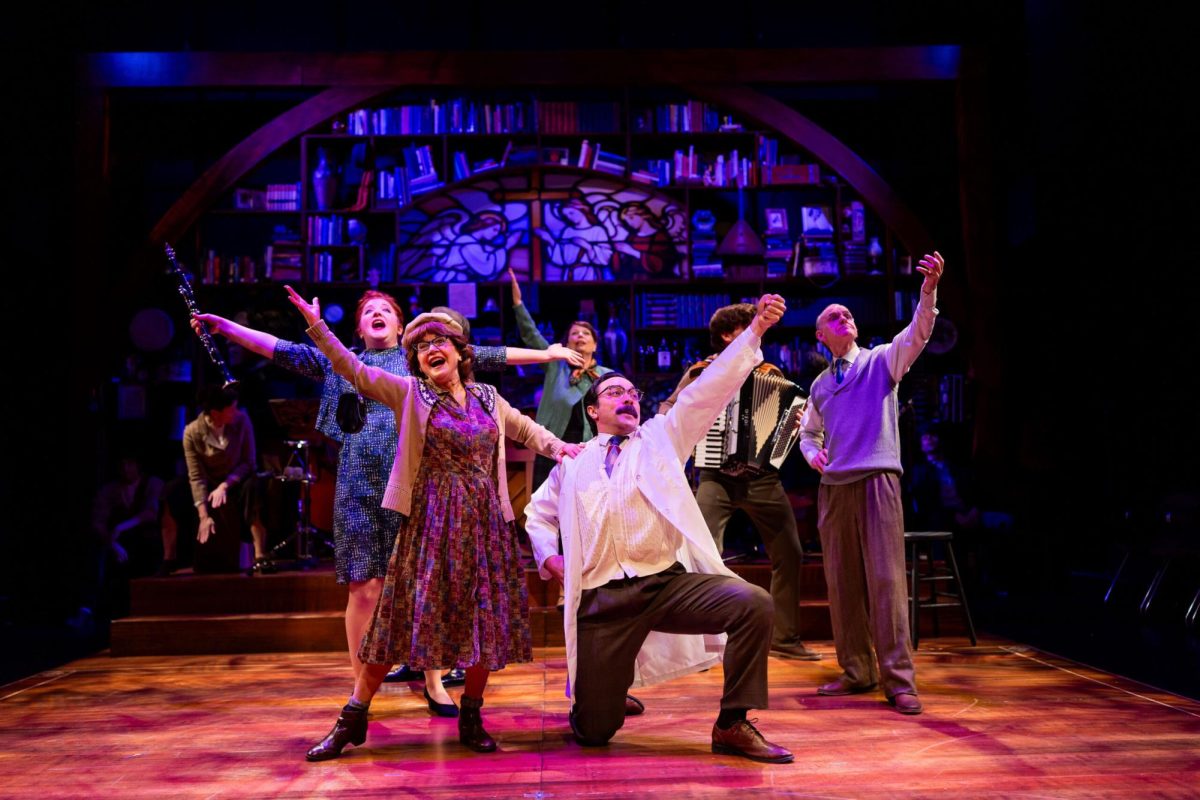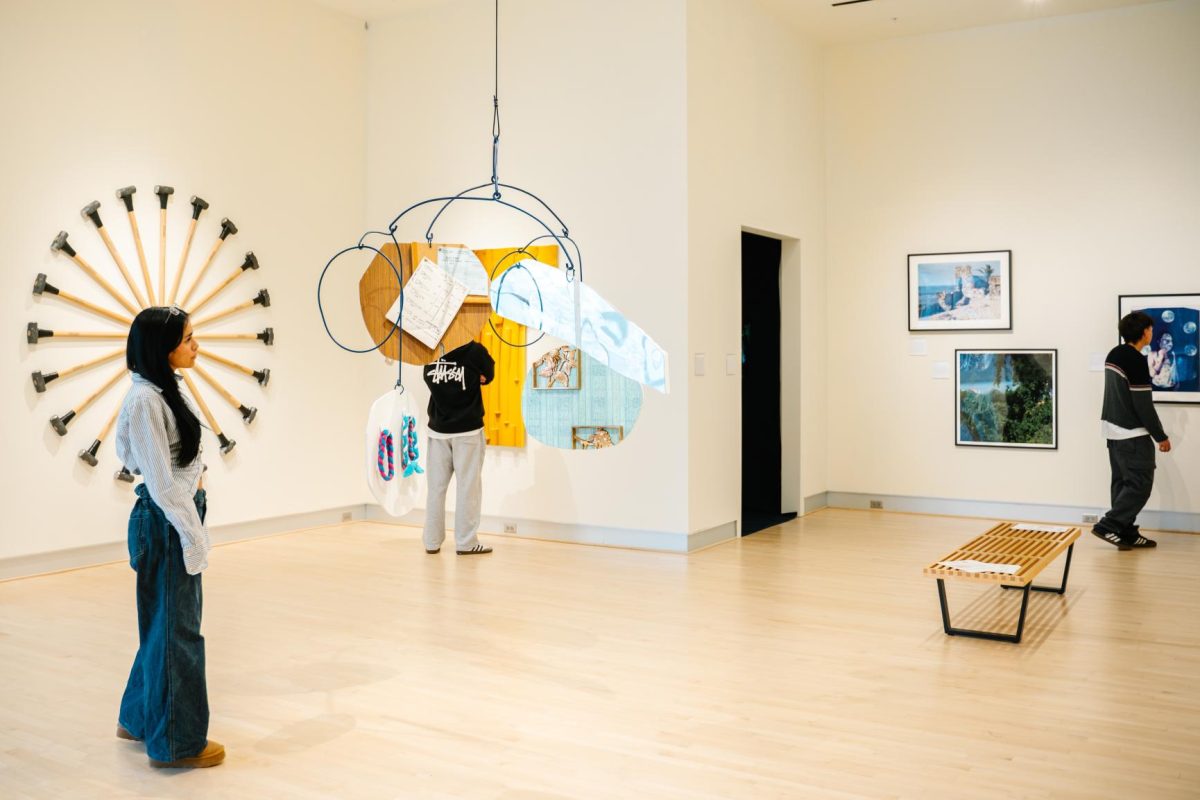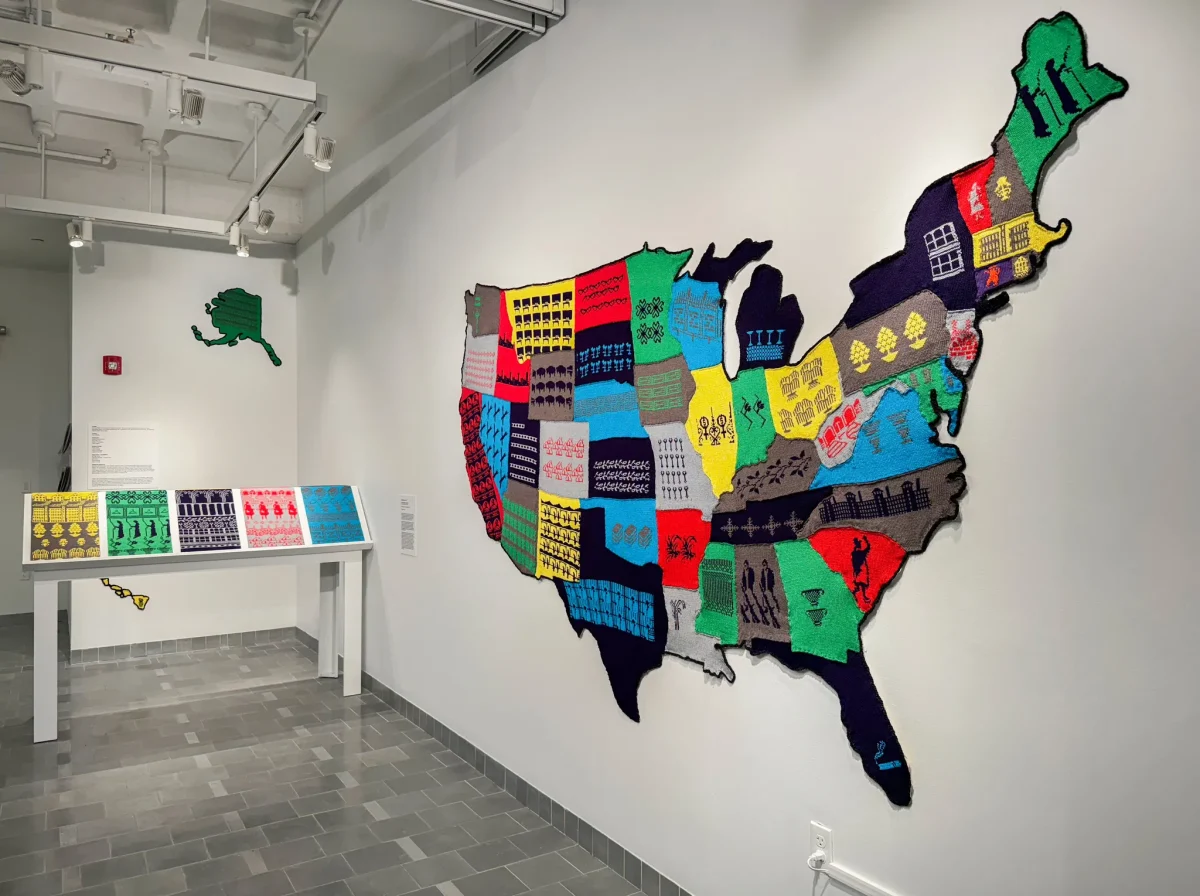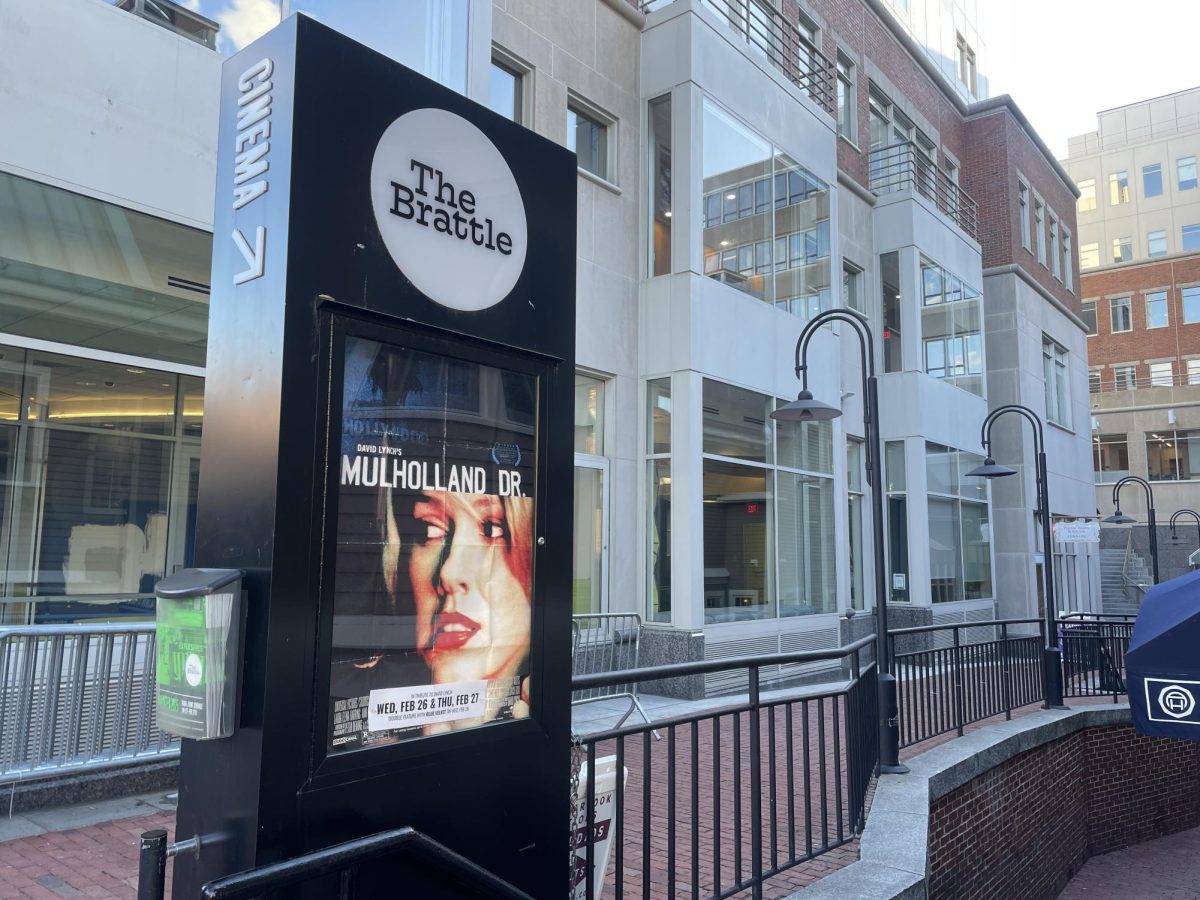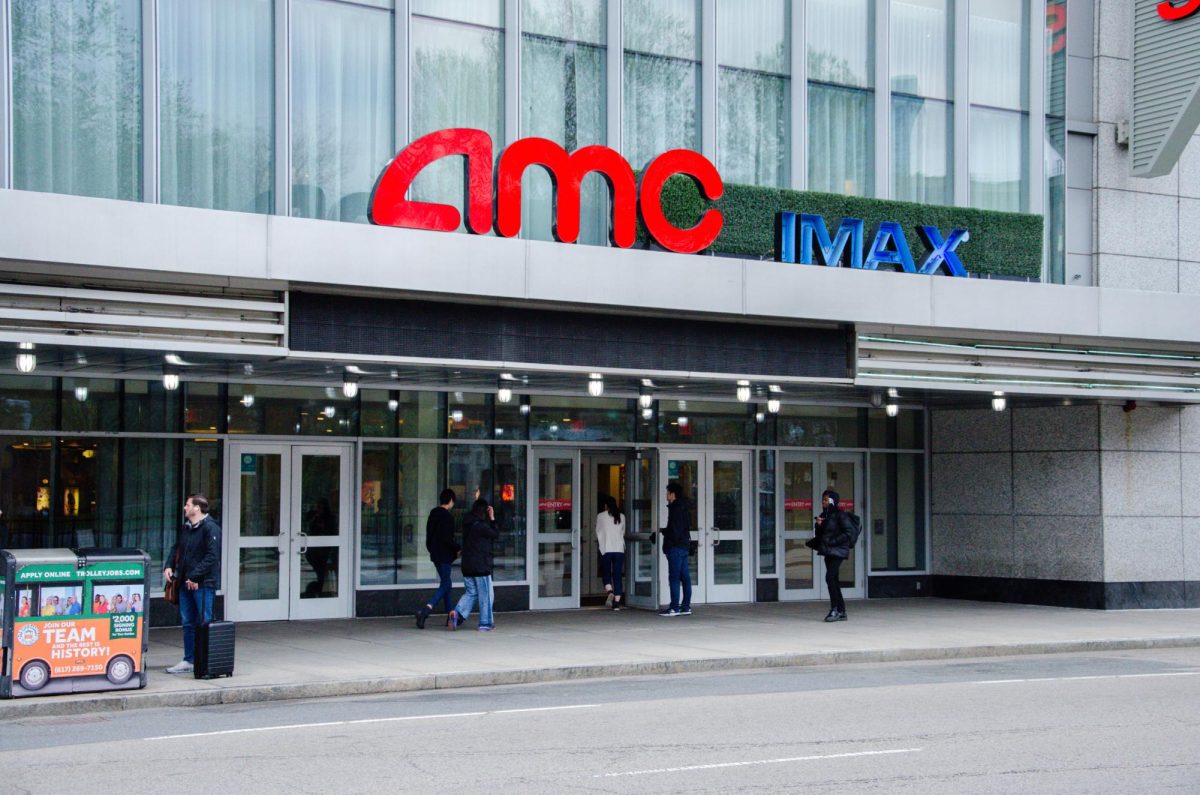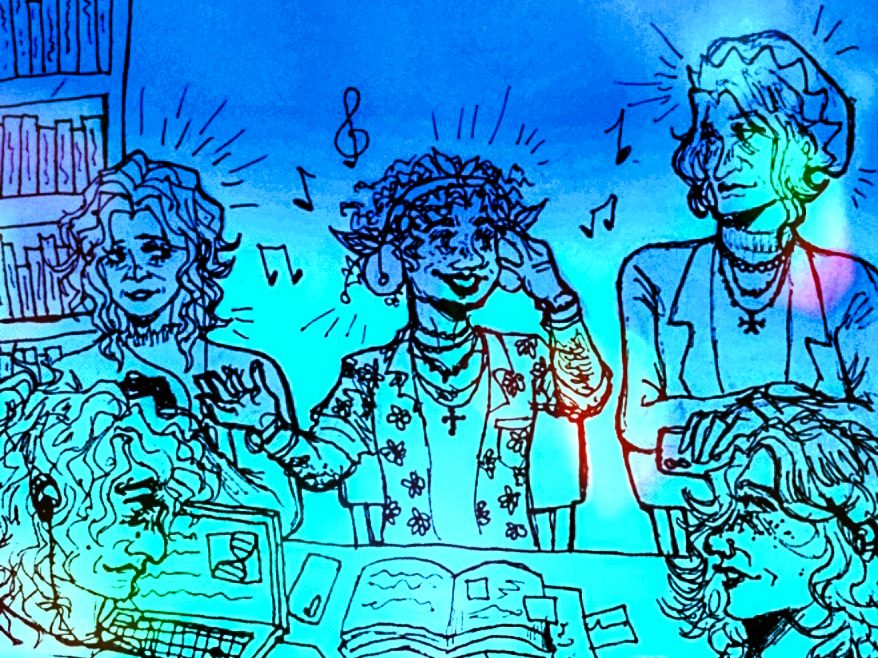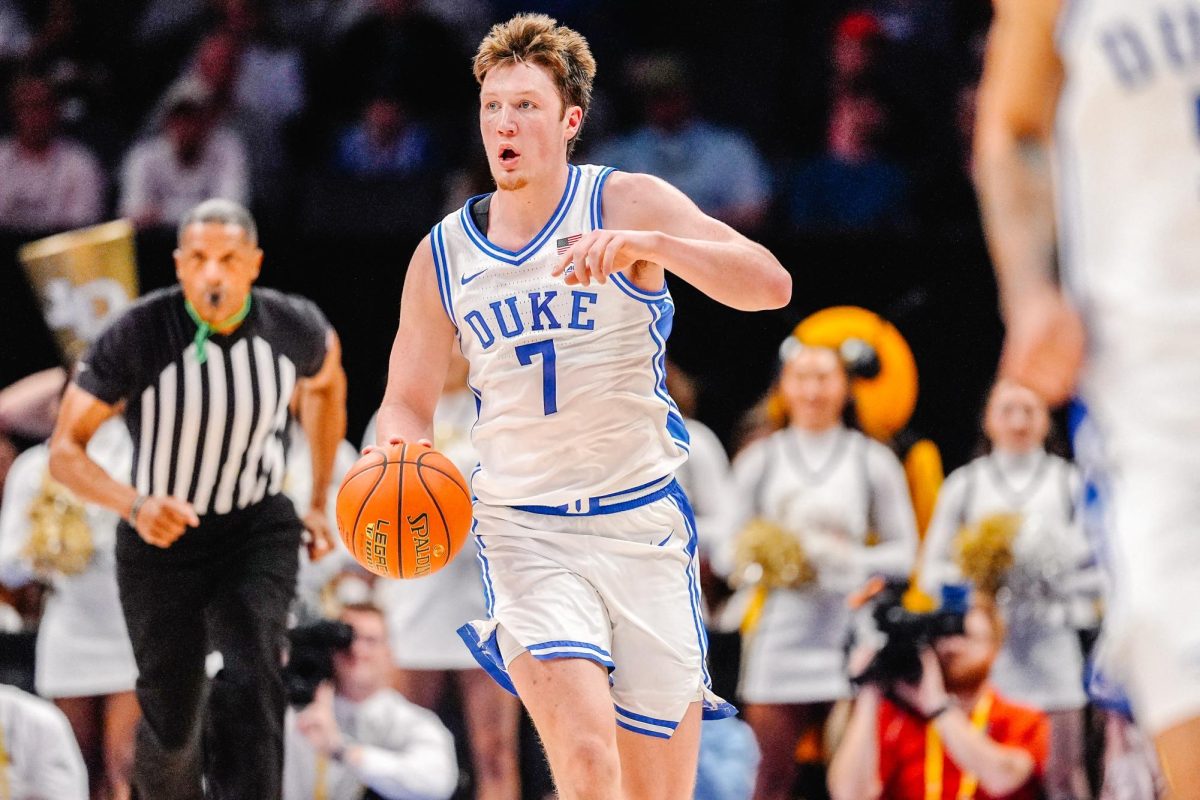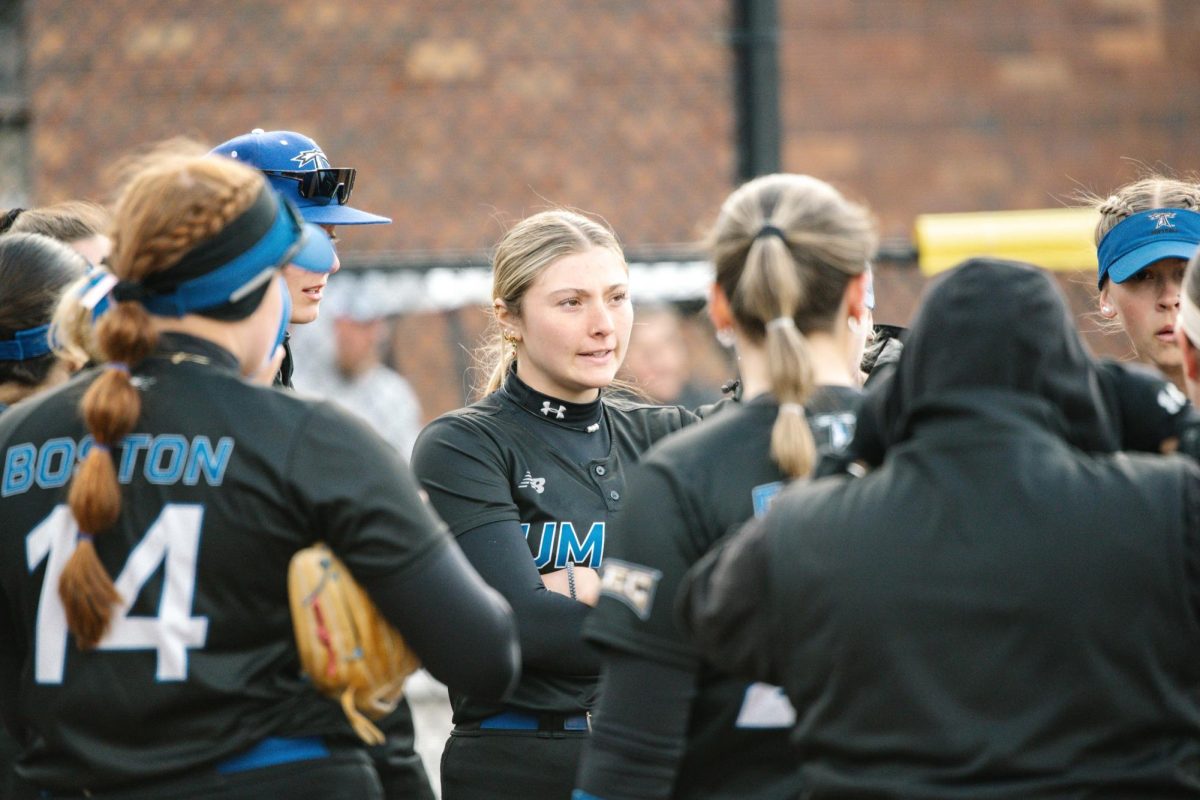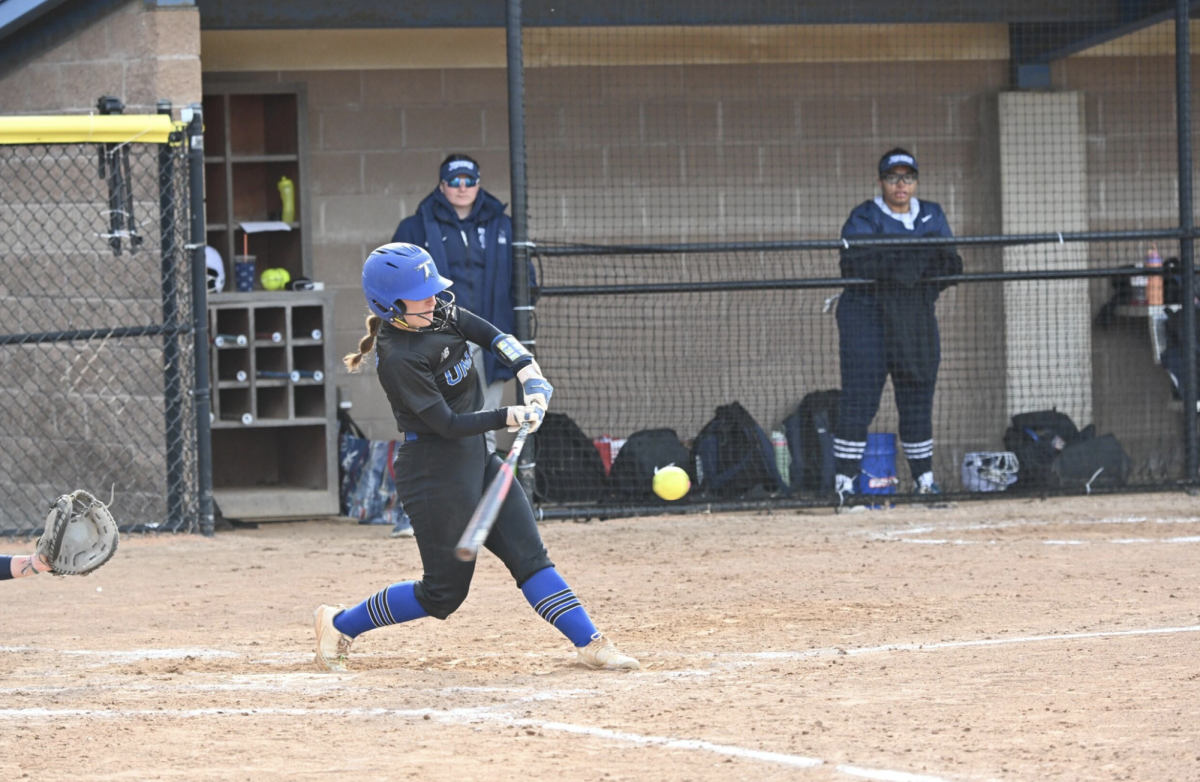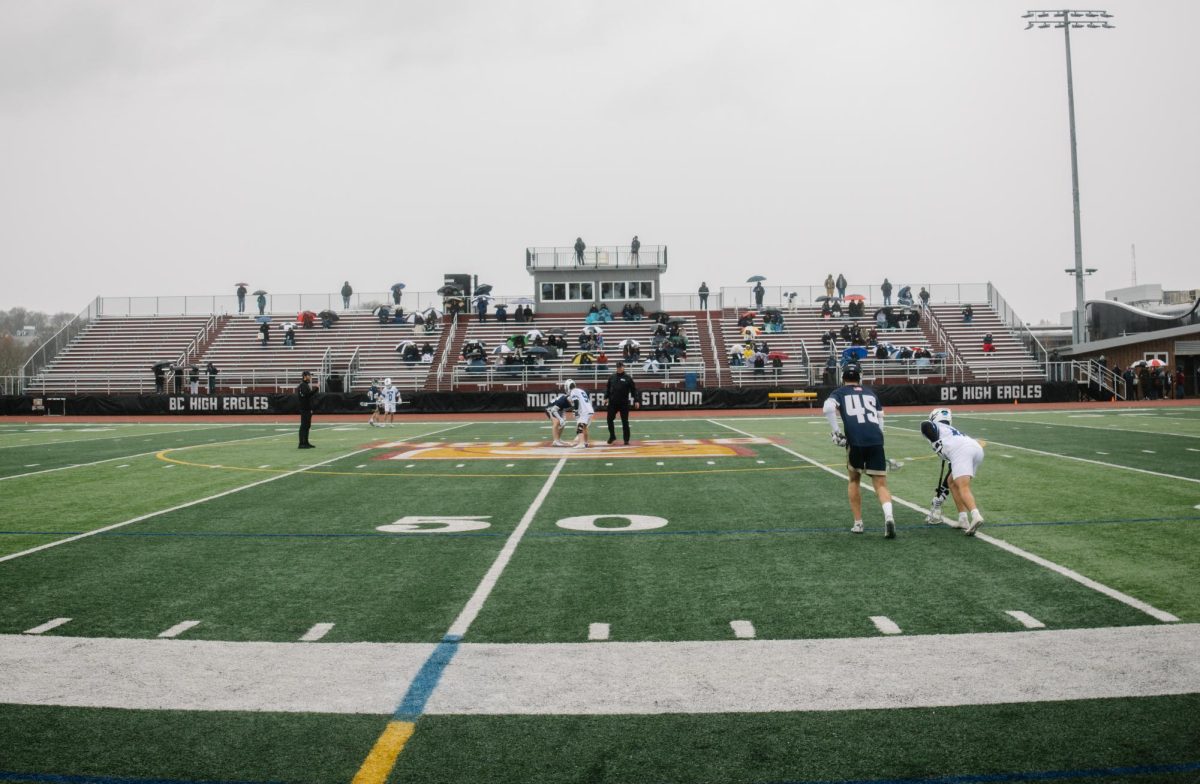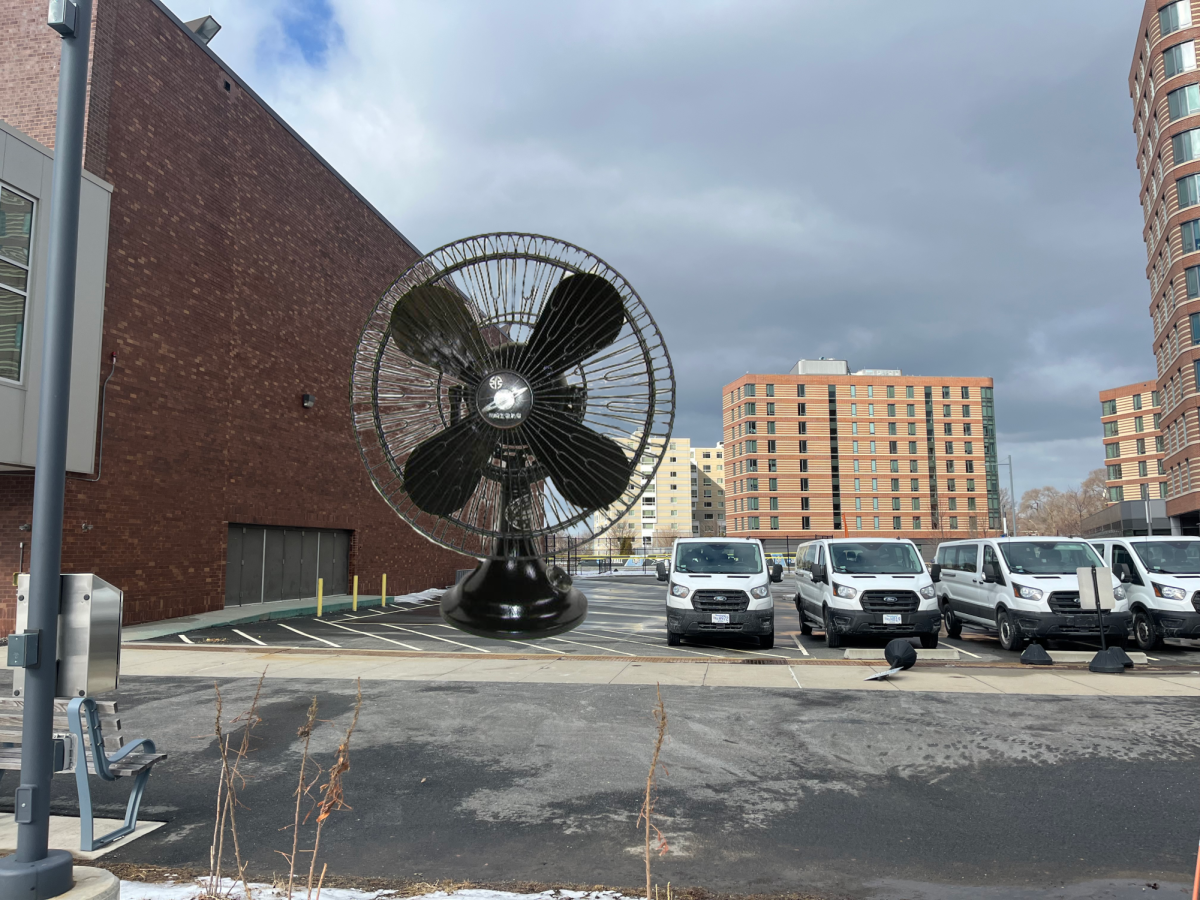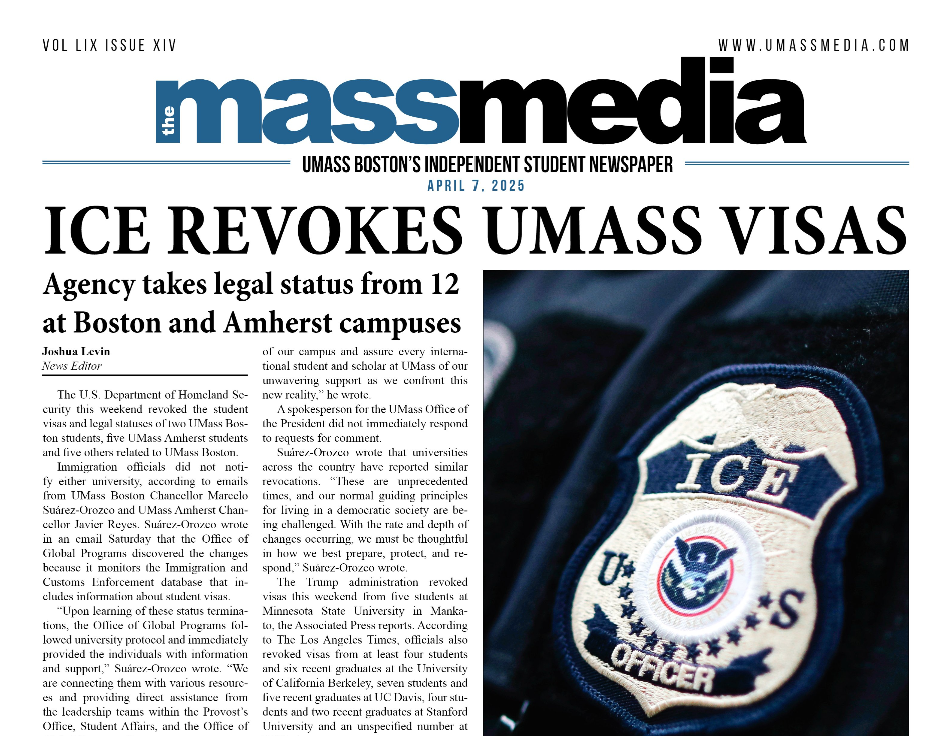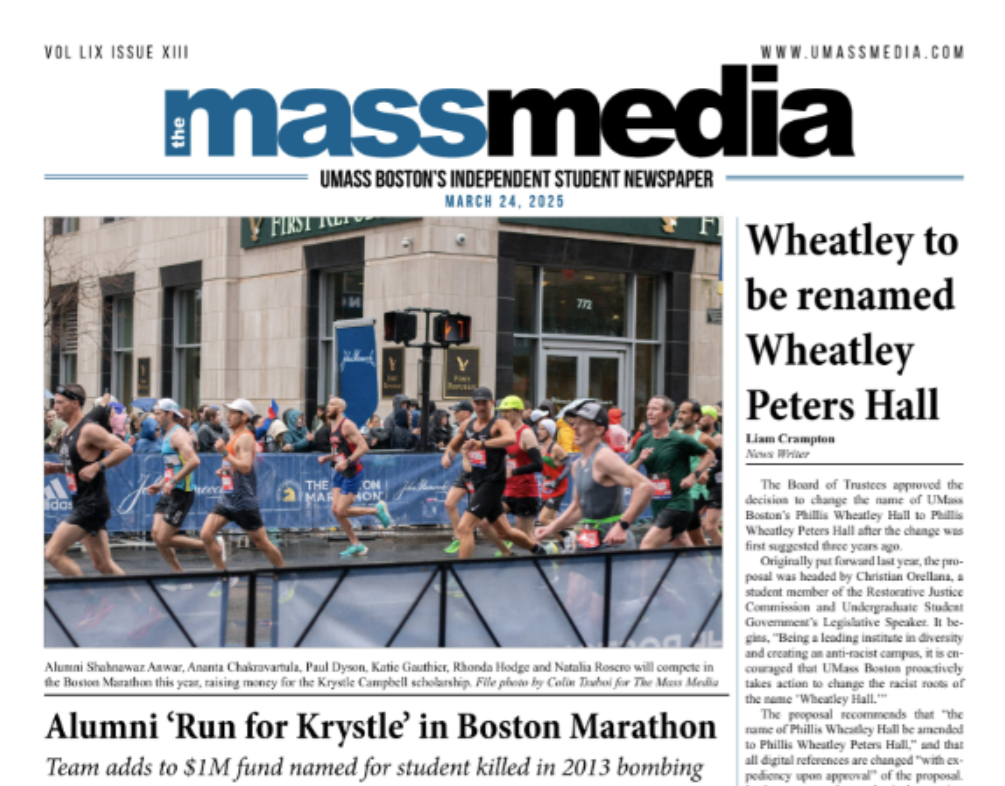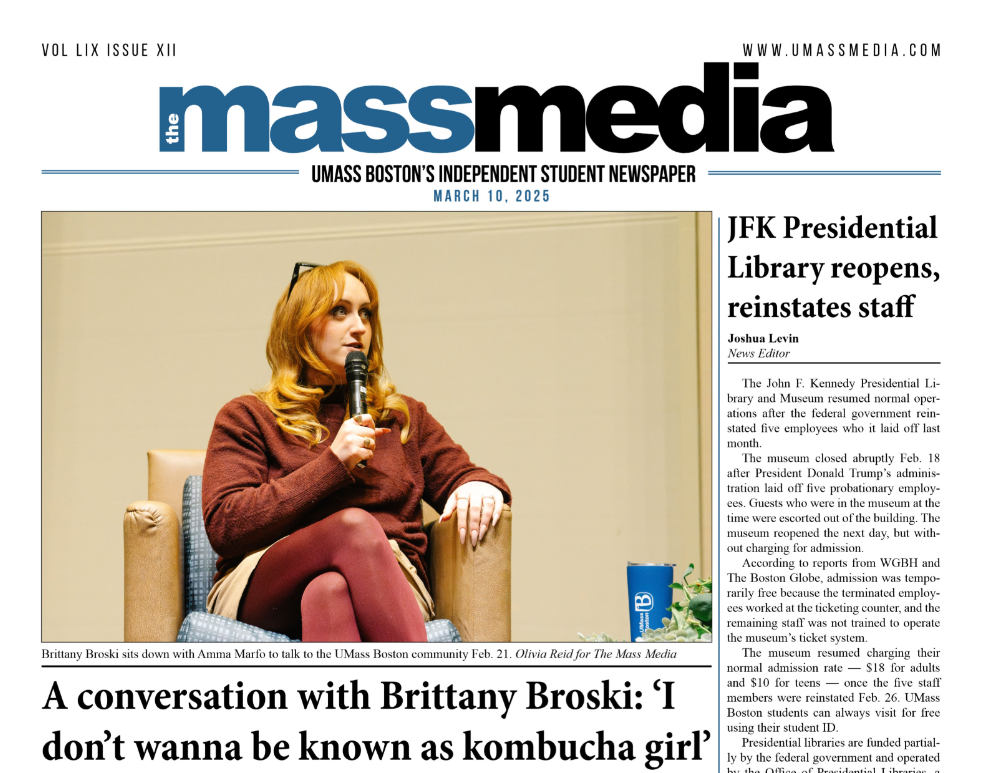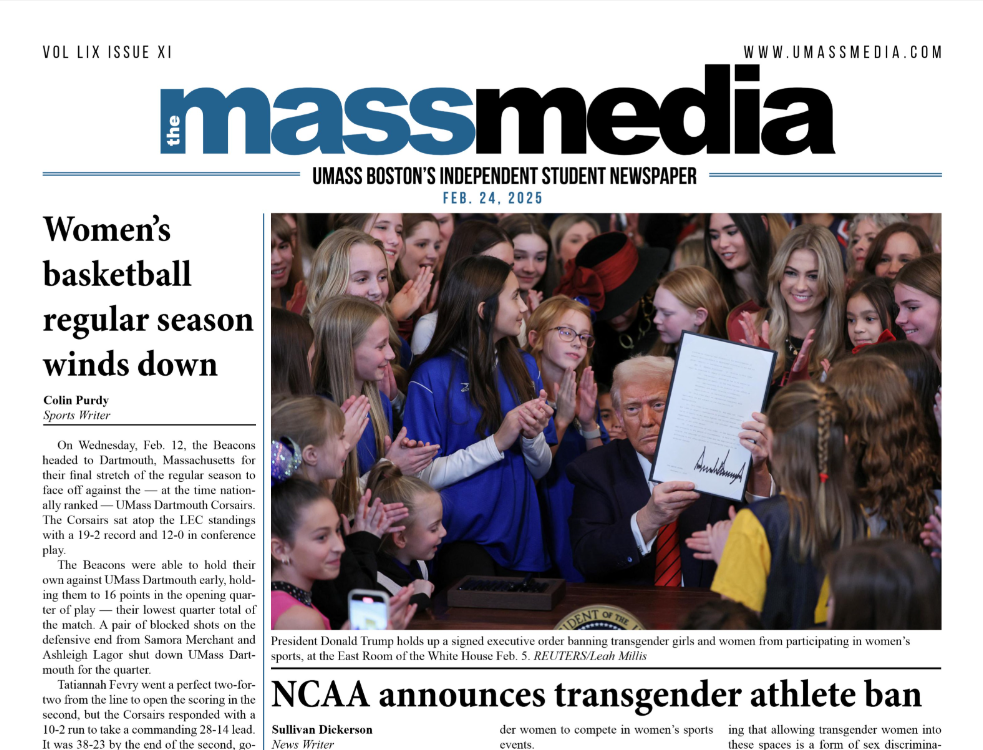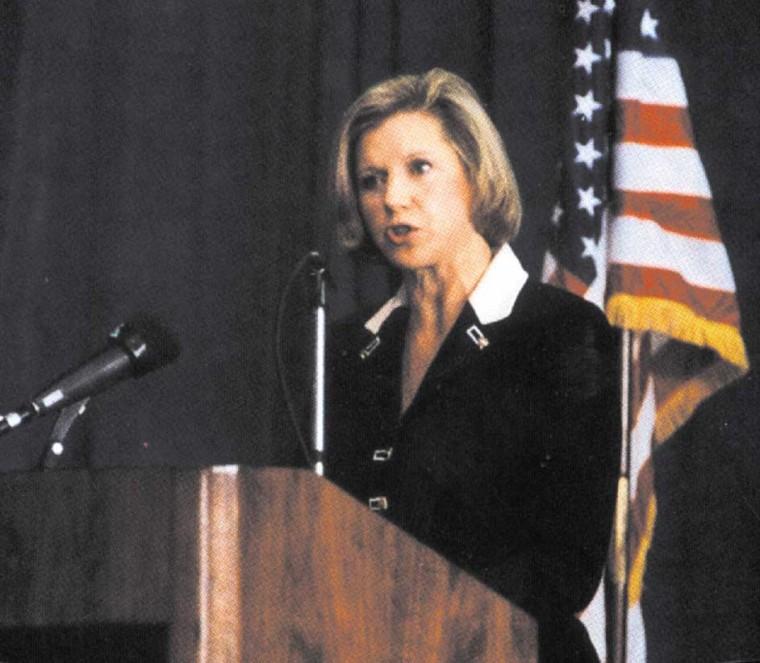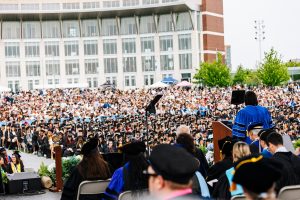Gora Conversation Continues
May 1, 2002
Last week, we published the first part of an interview with Chancellor Jo Ann Gora, in which she elaborated on some issues addressed in her April 12 letter sent to students and parents. This week we continue that interview.
There are many changes in the works here at UMass. The administration has been working with Sasaki Associates, a Watertown consulting firm, conducting feasibility studies, and gaging interest in the possibility of dormitories.
“We meet with them every two weeks to design the residential halls,” Gora explained, “The residential halls are not impacted by the budget cuts, because they’re paid for through revenue bonds. But, we meet with Sasaki every two weeks to discuss the plans for the development of residential halls, and we hope to have a design from them June 1. In fact, they’re going to be talking to the faculty council [Wednesday, April 24] and they’re going to make their presentation there.”
In her letter, Gora referred to the feedback she has gotten from several student groups. When The Mass Media asked what student groups, Gora said, “I haven’t gotten the feedback. Stephanie, Dean Janey, has been asked to get the feedback from the student groups so I don’t honestly know.” She went on to say, “I know there has been some contact with some students but she definitely was having trouble getting together a focus group of students.”
Gora has discussed the possibility of student housing with attendees of her student luncheons however, and had this to say, “In my student lunches one of the questions I ask, if I see a traditional age student, you know what I mean , I say to them, ‘where do you live?’ and ‘if we had dorms, would you be interested in living in those dorms?'”
She sometimes asks the whole group of students, “how many of you would be interested in resident halls if we had them?” According to Gora, “about half the hands go up generally when I say that.” Some of the feedback that the administration is using to go forward with plans for housing at UMass, comes from a study conducted on campus in the 2000/2001 school year. She said, “before I came there was a study that was done, that was chaired by vice chancellor [David] MacKenzie, about interest in residential halls and it was a totally campus based study, and in there they said that interest on campus was very strong among faculty, staff, and students for having residential halls.”
Since UMass has a very non-traditional student population, we moved on to talk about whether or not housing initiatives would address that population, “There will be some opportunity for graduate housing,” Gora explained, “There will probably not be provision for family, because it’s too expensive for us to build and because, well, really because it’s too expensive for us to build.” She went on to explain that administration is concerned with building housing which will be affordable to students, “I mean one of the things we’re trying to be sensitive to is building something that students will be able to afford.” When providing only 2,000 beds for 13,000 students it is necessary to limit who you can house. Gora said “…nobody will be in these residence halls unless they’re a full-time student. So, we can’t really have apartments for families, because not everybody in the family would be a full-time student. So, it’s really cost that’s driving a lot these decisions, but we will have some housing for graduate students.” When asked how student services might be affected for both resident and non-resident students, Gora replied, “Hopefully, that will mean there will be more student services.”
Gora is hopeful that with the integration of residential housing, UMB will gain a more active community. She said, “…we’re trying to design the housing units so that they are welcoming to commuter students, and so that they are seen as a gathering place not only just for the students living there but also for other students.” She hopes that having live-in students will increase attendance to UMass sporting events and culutral programs which are now somewhat sparsely attended, ” … now when I go to a play at night, the audience is half full, when I go to a sporting event, an athletic event, the stands are one quarter filled, if that, and hopefully having an on campus population will mean that there’s more of an audience for all of these things, that will also mean there’ll be more of them for everyone to take advantage of.”
The campus will not change immediately of course, Gora admitted, “… we’re not going to turn a key and all of a sudden there’s 2,000 beds, but that gives us a critical mass of students who will be looking for activities and will be wanting more of a campus life, and then everybody will benefit from that.” The Mass Media then asked if the lack of nontraditional housing and no apartments was a move to attempt to change the demographics of the strudent population. Gora replied, “Remember this is going to be a drop in the bucket, we have 13,000 students, even if we eventually have beds for 2,000, it can’t. I mean it can’t dramatically change the demographic of the students.”
“Change is not something that most people greet eagerly, but I can’t imagine that offering more services is going to be bad for the campus. I mean, I have to believe that offering a richer environment, more opportunities, is going to be good,” she also mused, “I think there’d be a lot of freshmen whose parents would be happy for them to be in a dorm in all honesty. Now, by the time they’re juniors, they probably don’t want to be in dorms but I think there’s probably a lot of freshmen and sophomores whose parents would be happy for them to be in a dorm.”
The push for housing is coming from higher up than even our own administration, Gora explained, “The mayor [Mayor Thomas Menino] is very eager for us to offer housing to pull students out of the community, although we never get complaints about students in this community, and we have like 263 students living in Harbor Point.”
However, Gora is confident that, in terms of housing, “…what we offer will always be limited, and so we will never be a majority residential campus, we will always be a majority commuter campus.”
Gora admitted that, “…if you think about it, somebody who wanted a residential environment didn’t come to UMass Boston. So, when Dean Janey said, ‘I couldn’t get anybody to respond to my focus group,’ I was very surprised at that. And I said, ‘I think you need to try harder, I question how much of an outreach you did.’ But on the other hand, obviously, most of our students didn’t want a residential campus or they wouldn’t be here.”
The impending phase out of the UMass Early Learning Center and the Massachusetts Field Center for Teaching and Learning (MFCTL) are among cuts in areas of community programming that are not directly related to our academic functions (see Early Learning Center story on page 1). When asked about the Early Learning Center, Gora responded by first talking about the Massachusetts Field Center for Teaching and Learning (MFCTL), because it “represents a bigger sum of money than the Early Learning Center.”
UMass has taken support away from the MFCTL, which they have historically given almost $400,00 per year. “This is a center that delivers professional development resources for teachers all across Massachusetts. It’s well regarded in the state, I think the teachers who benefit from their programs really are very appreciative of the center, I’ve gotten hundreds of letters in support of the center, but the problem is that right now, UMass Boston is providing all the support for the center.”
Gora went on to explain that if that program is valued by the consumer, namely Massachusetts teachers and education institutions, the consumer should be paying for the program. The university no longer has the luxury of supporting such programs.
In reference to cuts which will affect community outreach programs, Gora said, “These [the community programs] are all good things, it’s not that any of these things are things that we would cut out if we didn’t have to, but the question in a time in which your budget is being cut is, what reductions can you make that will be least harmful to the core of the university and the core of the academic programs and the delivery of the courses to students … the consumer pays.”
The conversation then turned to the UMass Early Learning Center, which is more complex because, “we are constrained in terms of what we can charge, but many universities run early learning centers that are self-supporting, and they should be self-supporting. I came from a university that ran a child care center that was totally self-supporting. What the university provided was the physical facility and the heat, the light, that kind of thing, but it did not pay anything else. It did not pay the teachers, it did not supply books, or papers, all that was paid by the parents of the children.”
That other university’s early child development program also had a partnership with the center, giving it a direct connection to the academic functions. But here at UMB, “We do not have an early childhood development program that relies on an early learning center. If we did, the decision might be different. This we’re offering as a service, and it’s a wonderful service. And we’re hoping that they can come up with ways to be self-supporting and that’s really what the charge is, to say to them, you have a year to figure out how to become self-supporting.”
When asked about the breakdown of consumers at the center Gora said that, “21 are children of UMass students, 11 are children of UMass faculty or staff. 30 are children of community residents.” Those numbers do not include the number that are children of UMB alumni. She also explained that, “The children in the center whose fees are subsidized, are not children of students or faculty they are children of residents.”
Speaking about losses in faculty due to early retirements, Gora said, “I didn’t say this much in the letter to the students, but I did say it in the blue letter, [to the university community in March] that our goal is to replace 80% of the full-time faculty over the course of three years and to, at all costs, ensure course availability.”
Among departments especially hard-hit by retirement initiatives is the drama department, who will lose two of its three full-time faculty members after the spring 2002 semester. When asked if we will still have a drama department, Gora responded, “Yes, we will rehire in the theatre department. Theatre is a very important part of a university campus and it, I mean it’s like the music department, it provides something that enhances campus life and so yes we will definitely have a theatre department and I tried to communicate that to John Conlon, and to tell him, ‘Don’t worry John, it won’t just be you.’ I said, ‘Don’t worry we are going to rehire.'”
She also talked about how there is no longer a maximum retirement age, and by encouraging retirements the university is “going to be able to give a lot of young PhDs opportunities that might have been denied them if there weren’t an early retirement program because we will be hiring young people who have gotten their degrees, and who are eager to work and eager to start a university career and so this will be a wonderful opportunity for them.” She admitted that we will be losing “some real treasures, some people who have made wonderful contributions to the university, but we’ll be able to hire some good people who will also make significant contributions.” Gora also said, “I’m just hopeful that our budget is not cut any more, so that we can follow through on these statements I’ve made.”
The full impact of the retirements is still unknown though. “One of our problems now is that we won’t know until June 15, exactly who’s leaving, because people can retract their retirement,” Gora went on to say, “It’s very tough, because it’s hard for us to take concrete action now before we know exactly who’s leaving, and we won’t know until June 15, so once again the politicians crafted a program nice for the voters but really not great for the institution. We won’t know until halfway through the summer exactly what our staffing is for the fall, and that’s not ideal.”
“What they’re doing is, there are many stories in the press about the discussions ongoing now on Beacon Hill, there’s a lot of posturing, the state has a revenue shortfall, as do forty out of the fifty states in the United States … so what’s happening here in Massachusetts is not odd, you know, or unique to us. But, what is unique to every state is of course how they solve the problem, and there’s a lot of posturing now, in terms of how they’re going to solve the problems and so there are many articles in the newspaper every day about what’s going to get cut and we hold our breath on a regular basis just hoping that we won’t be cut again.”
When Gora was asked whether the administration is informed in advance about cuts and budgetary shifts, she said, “Never are. We found out from the press.”
In such difficult times, there may be a partial light at the end of the tunnel in the form of entrepreneurial initiatives. Gora said, “We’re trying to increase fundraising and I just got a gift, in fact I opened my mail and I got a $100,000 gift from a donor, who I had gone to with a plea about our situation, so that was nice. But, most of the revenue generation that the university can engage in, is through continuing corporate education. There is also a desire to increase our grant activity, because that can support some of these activities that otherwise we can no longer support. So, if some of our faculty can be more successful in developing external funding that will also help our situation.”




